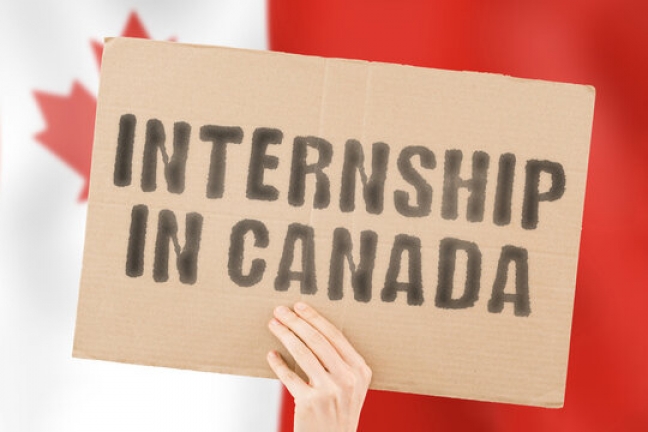Marriage is a beautiful thing, and for immigrants who have found love in Canada, marrying a Canadian resident is an excellent way to stay together and build a life together. However, the process of obtaining a marriage visa or spousal sponsorship can be complex, and it is essential to understand how it works to avoid mistakes and increase the chances of success.
In this article, we will guide you through the process on how to apply for a marriage visa as an immigrant in Canada and what to expect.
Eligibility Requirements for Marriage Visas
The first step in applying for a marriage visa is to ensure that you meet the eligibility requirements. To qualify for a marriage visa, you must:
- Be at least 18 years of age
- Not be closely related to your Canadian partner
- Be in a genuine and committed relationship with your Canadian partner
- Be admissible to Canada (this means not having a criminal record or a medical condition that would make you inadmissible)
It is important to note that the Canadian government recognizes both same-sex and opposite-sex marriages, and the eligibility requirements for both are the same.
Applying for a Marriage Visa
Once you have confirmed that you meet the eligibility requirements, the next step is to apply for a marriage visa. This involves a two-step process: the Canadian resident must first apply to become a sponsor, and then the immigrant spouse must apply for permanent residency.
Step 1: Sponsorship Application
The Canadian resident must complete the sponsorship application and provide evidence that they are financially stable and can support their spouse for at least three years. They will also need to submit supporting documents, such as a marriage certificate, proof of citizenship or permanent residency, and proof of income.
The sponsor must meet certain income requirements to sponsor their spouse for a marriage visa. These requirements are based on the size of their household and are updated annually. The current income requirements for 2023 can be found on the Government of Canada’s website.
If the sponsor does not meet the income requirements, they may be required to provide a co-signer who meets the requirements, such as a family member or friend.
Step 2: Permanent Residency Application
Once the sponsorship application is approved, the immigrant spouse can apply for permanent residency in Canada. This application requires the immigrant to provide information about themselves, such as their educational background, work experience, and language skills. They will also need to undergo a medical exam and police clearance check.
The processing time for marriage visa applications can vary depending on the individual case and other factors, such as the volume of applications and current processing times. On average, it takes approximately 12-18 months to process a marriage visa application.
What to Expect After Submitting Your Application
After submitting your application, you can expect to receive updates on the progress of your application, such as requests for additional documents or information. It is essential to respond promptly to these requests to avoid delays in processing your application.
If your application is incomplete or incorrect, it may be returned to you or refused. In this case, you may have the option to appeal the decision or reapply.
Once your application is approved, you will receive a confirmation of permanent residency, which allows you to enter Canada and live with your spouse. It is important to note that permanent residency is not the same as citizenship, and you will need to meet certain requirements to become a Canadian citizen.
After becoming a permanent resident, you will have the same rights and privileges as Canadian citizens, such as access to healthcare and social services. You will also have the right to work and study in Canada and travel freely in and out of the country.
It is important to note that as a permanent resident, you will be required to live in Canada for a certain amount of time to maintain your status. This is known as the residency obligation, and you must be physically present in Canada for at least 730 days out of every five-year period.
Final Thoughts
Applying for a marriage visa can be a complex process, but with proper preparation and understanding of the requirements, it can be a smooth and successful process. It is important to ensure that you meet the eligibility requirements, provide accurate and complete information, and respond promptly to requests for additional information.
If you are unsure about the process or have questions, it is recommended that you consult with an immigration lawyer or a qualified immigration consultant. They can provide guidance and support throughout the process and help you avoid common mistakes.
Remember, obtaining a marriage visa is just the first step in building a life together in Canada. It is important to continue to work towards your goals and build a strong and loving relationship with your spouse.
In conclusion, the process of applying for a marriage visa can be lengthy and challenging, but with patience and dedication, it is possible to successfully navigate the process and build a life together in Canada. Good luck to all those who are embarking on this journey!








